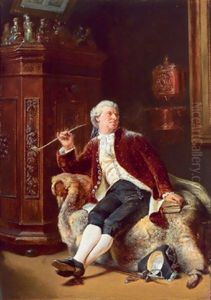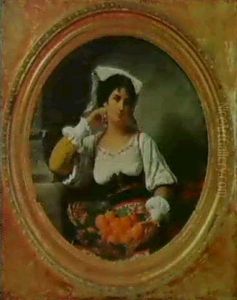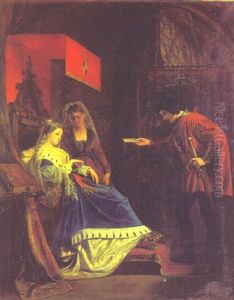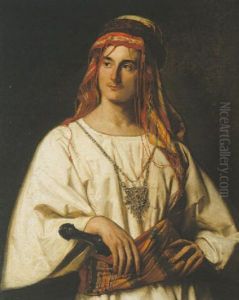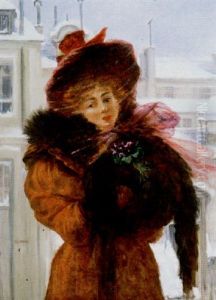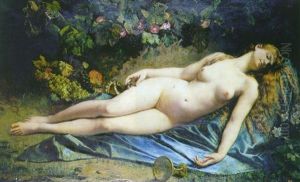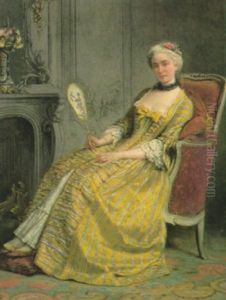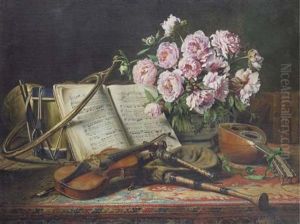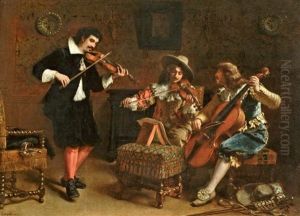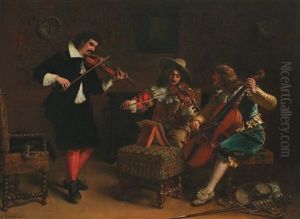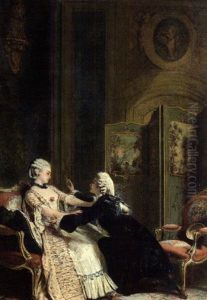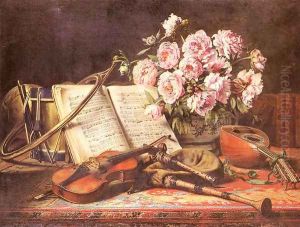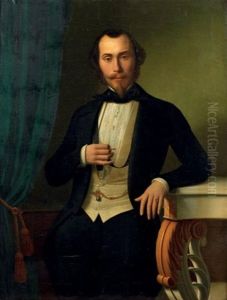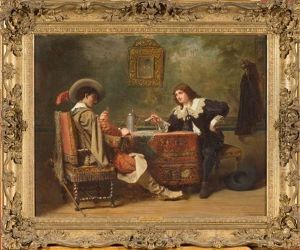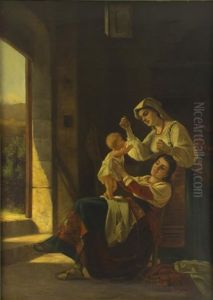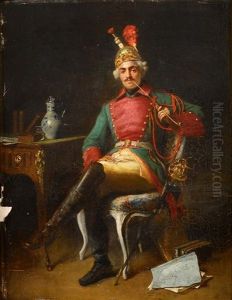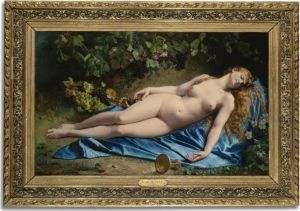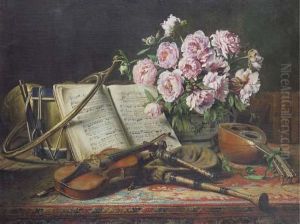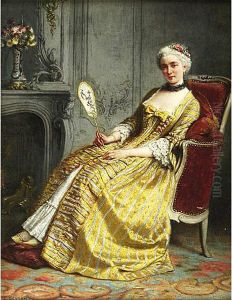Charles Antoine Joseph Loyeux Paintings
Charles Antoine Joseph Loyeux was a French painter born in 1743. He was known for his contributions to the Rococo style, which was characterized by its ornate and decorative qualities and was popular in France during the 18th century. Loyeux's work was typical of the period, often featuring light-hearted themes, the use of pastel colors, and elaborate ornamentation.
While there is limited documentation on his early life, it is known that Loyeux received his artistic training in the workshops of established painters of his time, learning the techniques and stylistic approaches that would define his later work. He became adept at painting portraits and historical scenes, which were in high demand among the French aristocracy and bourgeoisie.
During his career, Loyeux exhibited his work at the Salon, the official art exhibition of the Académie des Beaux-Arts in Paris. The Salon was the principal showcase for artists to present their latest creations and for the public to engage with contemporary art. Loyeux's paintings were well-received, and he gained a modest reputation for his refined and elegant compositions.
Unfortunately, Loyeux's career was cut short when he died in 1796, at the age of 53. His death came at a tumultuous time in French history, as it was just a few years after the French Revolution had upended centuries of monarchical rule and radically transformed French society. As a result of the upheaval, many artists of the Rococo style fell out of favor, their work associated with the decadence of the Ancien Régime.
Today, Charles Antoine Joseph Loyeux is not as widely remembered as some of his contemporaries, such as François Boucher or Jean-Honoré Fragonard, who are often seen as the epitome of Rococo art. Nevertheless, his contributions to the art world of his time provide insight into the tastes and social dynamics of 18th-century France. His surviving works continue to be studied by art historians and can be found in various art collections, representing a unique perspective within the Rococo movement.
